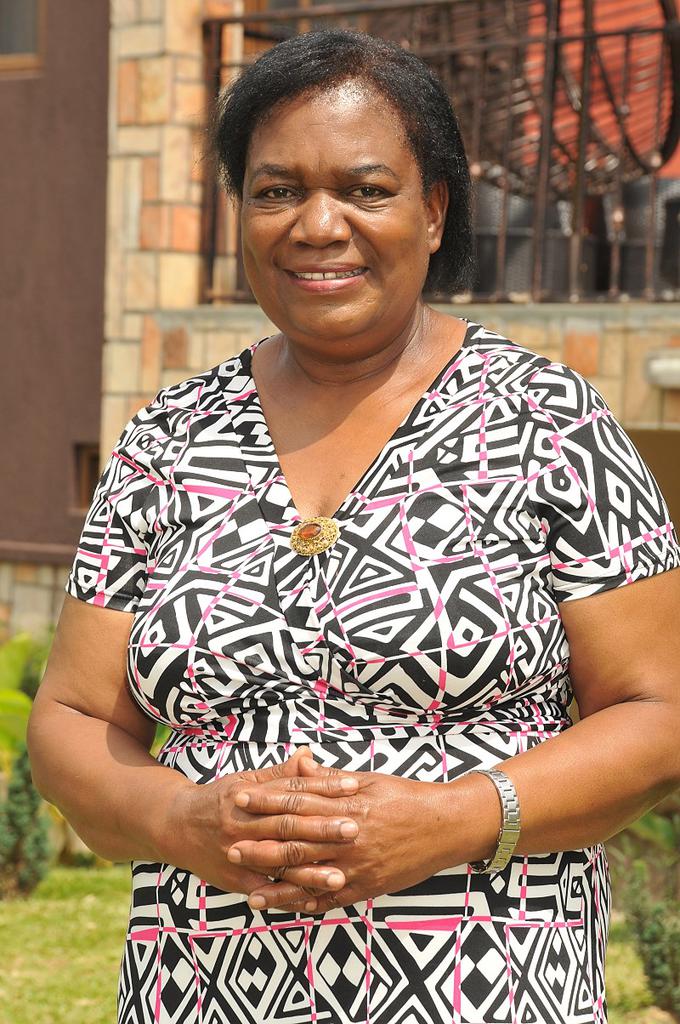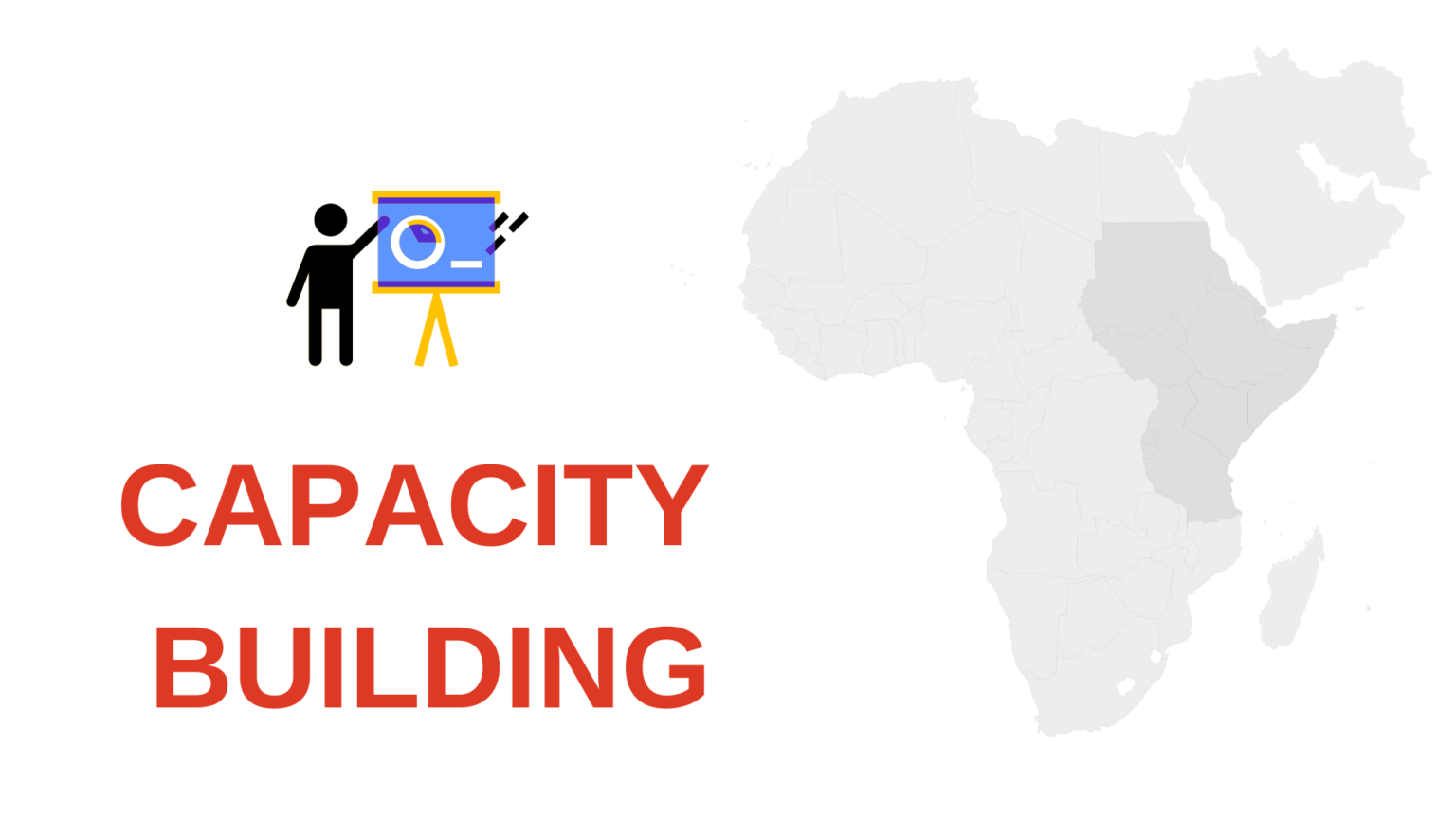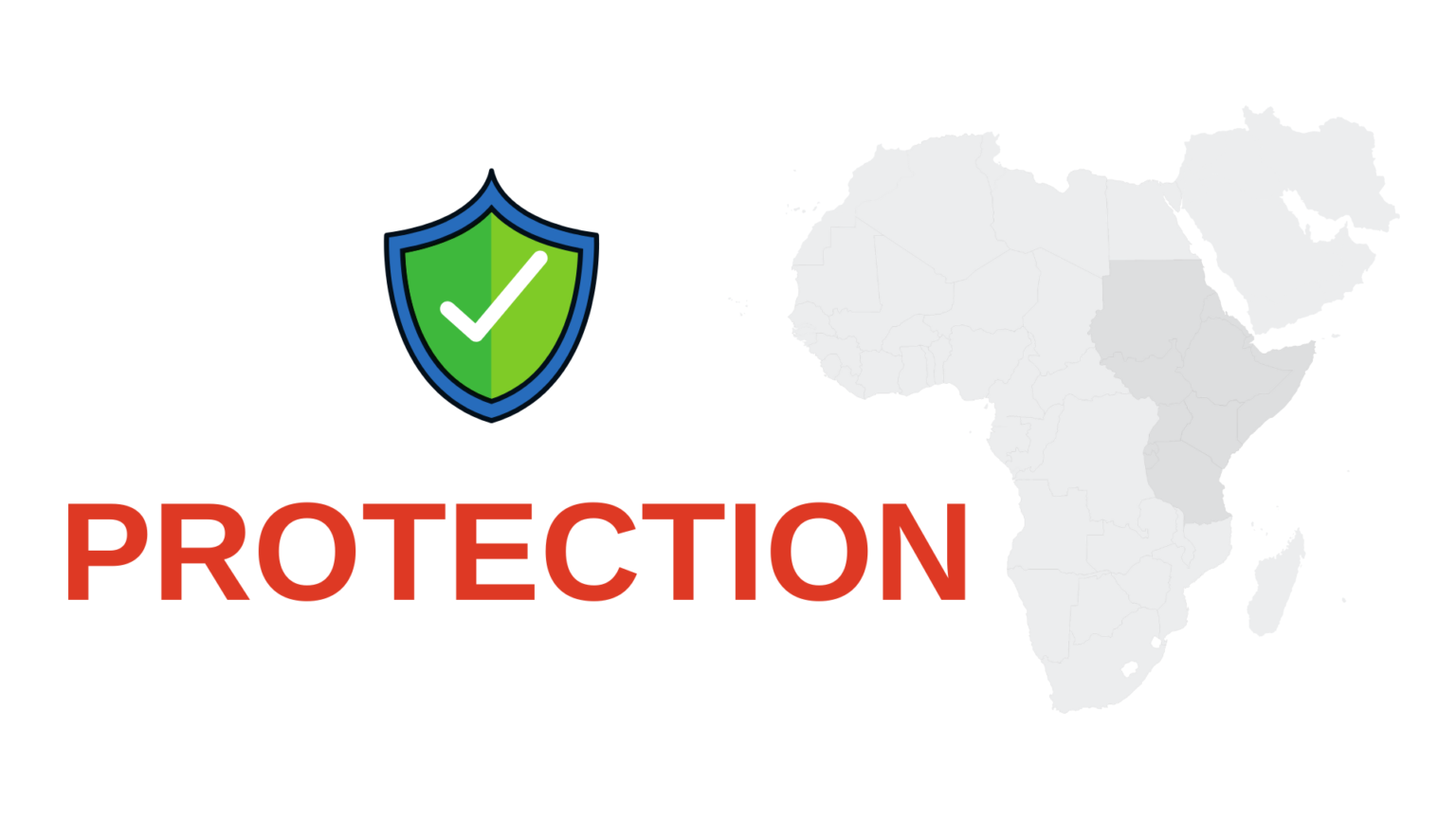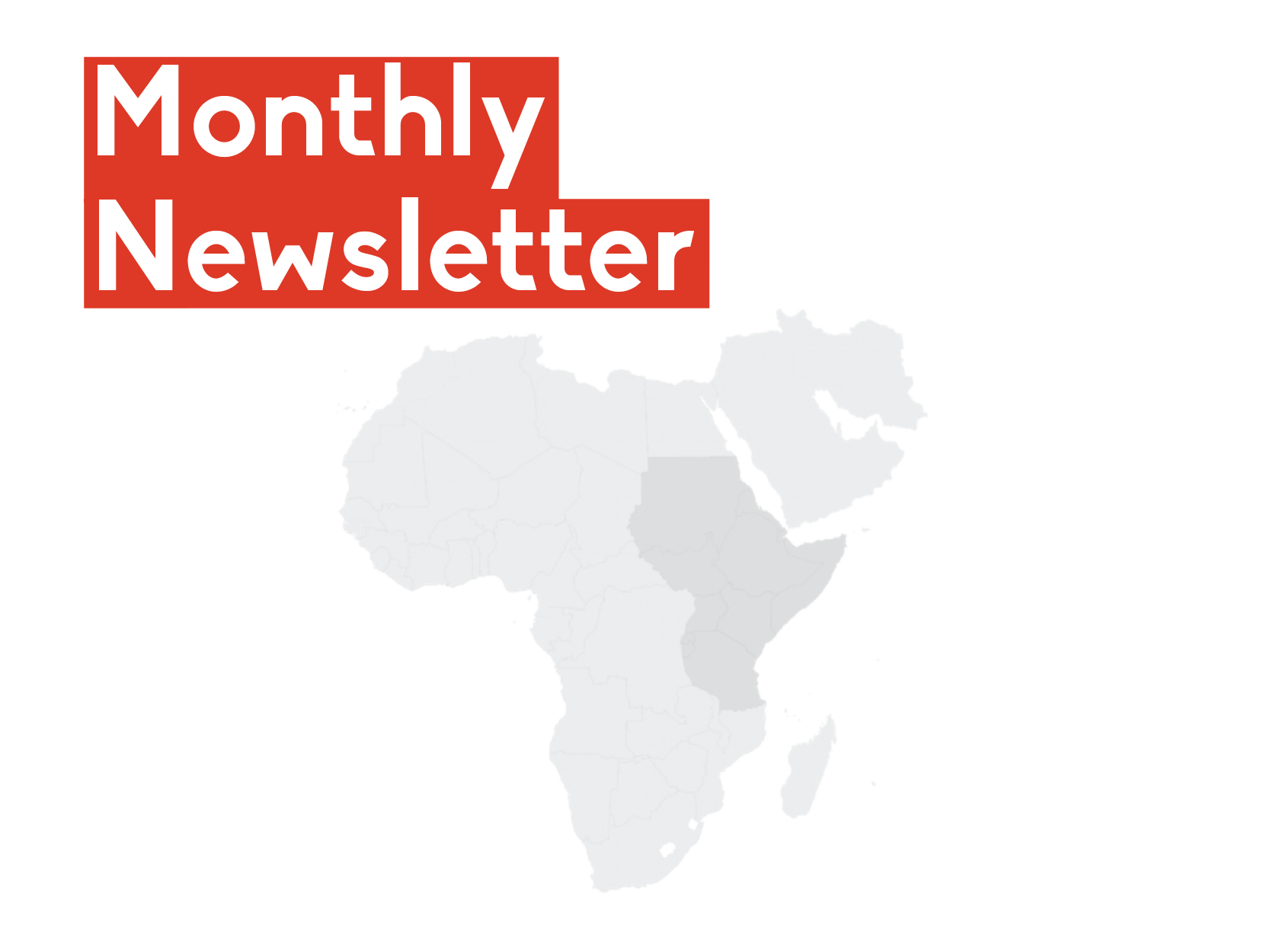Hello Friends,
In February, all eyes were on the Democratic Republic of Congo (DRC), as reports of significant turmoil dominated news sites and social media. The capture of Goma by the M23 in January and their subsequent advance south, culminating in the capture of Bukavu on 16 February, exacerbated the already dire humanitarian crisis in eastern DRC. Human rights defenders (HRDs) have not been spared from this violence. Reports received by DefendDefenders indicate that HRDs in areas controlled by M23 are being specifically targeted, with some being assassinated by unknown individuals amid the pervasive insecurity created by the widespread presence of firearms among civilians. Meanwhile, HRDs in government-controlled regions are staying silent, fearing persecution and retaliation.
DefendDefenders has seen an increase in requests for assistance, the majority of which involve requests for relocation. Many HRDs who initially sought safety in neighbouring countries like Burundi have now been forced to relocate again. We remain deeply committed to doing everything within our power to protect HRDs in the DRC during this volatile and dangerous time.
On the advocacy front, I led a DefendDefenders delegation at the UN Human Rights Council’s 58th session (HRC58), where we engaged stakeholders and raised concerns about the situations in South Sudan, Sudan, and Ethiopia, among others. On 28 February, I had the honour of moderating an OHCHR-organised panel discussion titled “Voices of Resilience: The Role of Civil Society in Protecting Human Rights and Fostering Peace in Sudan,” which brought together Sudanese HRDs and UN experts to discuss the critical role of civil society in promoting human rights and peace amidst ongoing challenges in Sudan. The panel highlighted the resilience and dedication of HRDs working on the ground, despite the dangers they face. Our team will continue to advocate for adequate Council responses throughout March, with a focus on South Sudan.
As always, DefendDefenders remains steadfast in its commitment to protect those who risk their lives for freer civic spaces. I invite you to turn the pages for details of our engagements this month and encourage you to join us as we look to the future with renewed dedication.
Hassan Shire
Executive Director, DefendDefenders
Chairperson, AfricanDefenders
Human Rights Defender of the Month: Margaret Sekaggya

Margaret Sekaggya’s legacy as a champion of human rights in Uganda is deeply intertwined with the country’s journey toward justice and equality for all. In 2005, she was the Chief Guest at DefendDefenders’ inaugural conference, attending in her capacity as Chairperson of the Uganda Human Rights Commission. Over the past two decades, she has closely collaborated with DefendDefenders, offering guidance to human rights defenders (HRDs) and helping them navigate the use of the international mechanisms in their advocacy. Her unwavering dedication has earned her the title of “Mother of Human Rights” in Uganda, a recognition she humbly embraces.
Updates from DefendDefenders

From 2 – 8 February 2025, DefendDefenders conducted a needs assessment mission in North-Eastern Uganda, covering Abim, Agago, Amudat, Gulu, Kitgum, Mbale, Nakapiripirit, Nwoya, Soroti, and Tororo. The team visited 12 human rights organisations to understand the organisations security and safety challenges. The assessment aimed to evaluate the organisational needs and capacities of HRDs in relation to security and safety management. A key takeaway from the mission was the growing need for capacity-building in physical and digital security, as well as support in data visualization and reporting to strengthen their advocacy efforts.
Between 10 – 14 February 2025, DefendDefenders conducted a needs assessment mission to the Western region covering the districts of Bundibugyo, Fort Portal, Kasese, Hoima and Masindi. The team visited Human Rights organisations and HRDs to mainly assess their needs and capacities in relation to security and safety management. In a collective response, HRDs expressed the need to enhance their abilities and skills in resource mobilisation and proposal writing, which stems from a significant decline in financial support for local civil society organisations.
From 18 – 22 February 2025, DefendDefenders conducted digital security clinics at the 5th International Forest Defenders Conference in Guinea Bissau. 34 participants received rapid assessment, risk mitigation, and organization security improvement services. to enable them to improve their capabilities in assessing and mitigating digital threats they occasionally face.
From 17-20 February 2025, DefendDefenders hosted the Defenders Coalition Kenya in Geneva for UPR Info-organised pre-sessions, ahead of the Universal Periodic Review (UPR) of Kenya.

DefendDefenders was part of the UN Human Rights Council’s 58th session (HRC58) that started on the 24 February, and kicked off the session with engagements on the margins of the High-Level Segment (HLS). We also delivered oral statements to the Council, on Eritrea, Sudan, and South Sudan respectively. Statements will continue as the session goes. It will conclude on 4 April.
Ahead of the 58th session, DefendDefenders prepared for the UN Human Rights Council’s 58th session (HRC58). Read our letter, endorsed by 100+ organisations, calling for an extension of UN investigations through the existing mechanism, the CHRSS. South Sudan is our focus at HRC58, as the country stands at a critical juncture, facing multiple crises.

Between 1st to 28th February 2025, DefendDefenders managed a total of 253 requests under the emergency protection program. 27 (11%) out of the total requests were offered the appropriate interventions under the program. A total of 42 individuals indirectly benefited from the awarded grants.
35 requests for assistance were declined while 40 requests were referred to other protection service providers for assistance as per their criteria and mandates. 150 (59%) requests are still under screening.
Country Updates:
UGANDA
On 21 February 2025, Ugandan opposition leader Kizza Besigye was charged with treason in a civilian court after his case was transferred from a military tribunal. Treason carries a potential death penalty in Uganda. Besigye, who has run against President Yoweri Museveni four times, was abducted in Kenya last November and returned to Uganda for trial. A Supreme Court ruling declared military trials for civilians unconstitutional, leading to his case’s transfer. He is accused of plotting to overthrow the government through meetings abroad and seeking military and financial support. Besigye, alongside two co-accused, did not enter a plea, as treason charges must be heard in a higher court. He recently ended a hunger strike protesting his detention. His request for medical transfer was denied, and he remains in custody while investigations continue.
SOUTH SUDAN
In February 2025, the UN Commission on Human Rights in South Sudan (CHRSS) provided an overview of the human rights situation in 2024 and other key developments. The report criticized delays and mismanagement in the political transition, which created uncertainty and instability. It raised concerns over escalating violence, insecurity, displacement, and repression, alongside worsening human rights, humanitarian, and economic crises. The report also documented widespread sexual violence, ethnic-based conflicts, extrajudicial killings, and economic exploitation, attributing them to a culture of impunity.
On 13 February 2025, over 100 NGOs, including DefendDefenders, urged states to adopt a strong resolution addressing South Sudan’s human rights situation at the UN Human Rights Council’s 58th session. In their joint letter, the organizations called for a two-year extension of the mandate of the CHRSS. They also requested the Commission to provide regular updates to the Council, including assessments of risk factors for atrocity crimes.
KENYA
On 6 February 2025, the High Court quashed a directive prohibiting protests in Nairobi’s Central Business District (CBD), declaring it unconstitutional. Justice Bahati Mwamuye ruled that Inspector General of Police Douglas Kanja’s order undermined Article 37 of the Constitution, which upholds the right to peaceful assembly, and failed to meet the legal criteria under Article 24 for restricting fundamental freedoms. The ruling also nullified a press statement issued by Kanja on 17 July 2024, which sought to justify the ban by citing security risks and claims of criminal infiltration. The court emphasized that such restrictions could not be imposed arbitrarily.
The Katiba Institute, which challenged the directive in court, maintained that Inspector General Kanja had exceeded his mandate by attempting to regulate the conditions under which constitutional rights could be exercised. The petitioners argued that the ban was an unjustified restriction on public demonstrations, particularly during the Gen Z-led protests. Justice Mwamuye agreed, stating that the order was “overly broad, blanket, and omnibus in nature,” making it unconstitutional and unenforceable. This ruling represents a crucial victory for human rights and civil liberties, reaffirming protections against state-imposed restrictions on fundamental freedoms.
Authorities in Isiolo arrested 50 youths on 8 February 2025, shortly after a group heckled President William Ruto during his visit to the town. Residents and activists claim the crackdown was politically motivated, describing chaotic scenes where security forces allegedly rounded up individuals indiscriminately. The youths were released on 10 February after pleading guilty to charges of being drunk and disorderly. A magistrate ruled that the offences were minor and pardoned them under Section 35, waiving any fines. County Commissioner Geoffrey Omoding defended the arrests, insisting they were part of an ongoing operation against drug peddlers in Isiolo and Marsabit. Similarly, Interior Cabinet Secretary Kipchumba Murkomen denied any political motive, claiming the crackdown targeted smugglers. However, human rights activists rejected these justifications, accusing the government of weaponizing law enforcement to silence dissent and intimidate residents.

